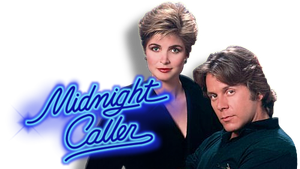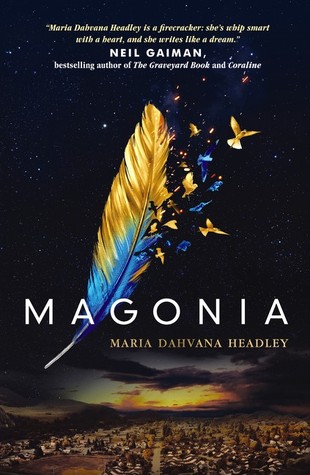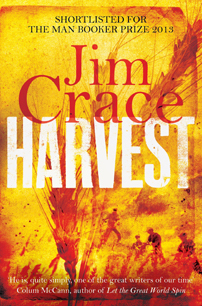

Top Ten Tuesday is a weekly meme hosted by the Broke and the Bookish.
I had already half decided not to involve myself in the next few Top Ten Tuesdays, at least until I had a bit more time to spare. However, as soon as I realised that this was a freebie week, the idea for a post on tyrannical regimes in literature immediately leapt into my head fully formed. It would have been wasteful to ignore it or to put it off until another week when the subject would be less relevant (although I guess it’ll remain relevant for at least the next four years). But still, it seemed like an apt week.
1. The Handmaid’s Tale by Margaret Atwood, in which a revolutionary extremist Christian movement seizes control of power and strips women of their rights and freedoms, with horrifying consequences. I’ve read this a few times now and it never fails to scare me.
2. 1984 by George Orwell. An obvious choice perhaps but I don’t think this list would be complete without reference to 1984. Winston Smith exists in a nightmarish world where the state controls the truth and every move is watched by Big Brother; there’s no privacy, no freedom, no love.
3. V for Vendetta by Alan Moore. I think the dystopian world in V for Vendetta is disturbing because it’s just about recognisable. This is a police-state London in the 1990s, post civil-war and run by the fascist Norsefire party.
4. The Lion, The Witch and The Wardrobe by C.S. Lewis. The White Witch’s tyranny over Narnia has lasted a hundred years and caused a deep, deep winter to settle over the land.
5. Coriolanus by William Shakespeare. Weird choice maybe but I quite like this play, although it is rather harrowing. Coriolanus’ tyranny over Rome eventually collapses because he is completely unable to compromise.
6. Shades of Grey by Jasper Fforde. A slightly more light hearted entry on the list here although it’s still fairly dark. The action here takes place in Chromatica, where the social hierarchy is determined by ability to see colour.Woe betide you if you’re a Grey caught fraternising with a Violet…
7. Animal Farm by George Orwell. The farmyard setting is used here to comment on the high ideals of the Russian Revolution which had quickly gone astray and been replaced with Stalin’s reign of terror.
8. Harry Potter and the … by J.K. Rowling. In the Deathly Hallows Voldemort seizes power and begins his own renewed terrifying reign over the magical world, but you could argue that Delores Umbridge and the Ministry of Magic had been verging on the despotic for some time anyway.
9. Noughts and Crosses by Malorie Blackman. Another alternative history but in this one the people from the African continent have used centuries of technological advantage to subjugate the Europeans. Now the Crosses (Whites) are at the mercy of the more powerful Noughts (Blacks).
10. The Wave by Todd Strasser. A clever classroom experiment – and an attempt to show what life was really like in Nazi Germany – goes horribly wrong when a new movement sweeps through the school.
I realise that this week would also have been a good week for a TTT list on protests in literature but sadly that proved a little harder to write. I’ll bear it in mind for a future week though – suggestions always welcome!
Advertisements Share this:




